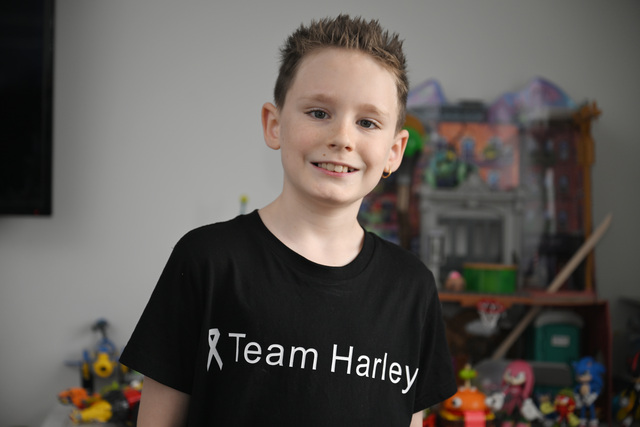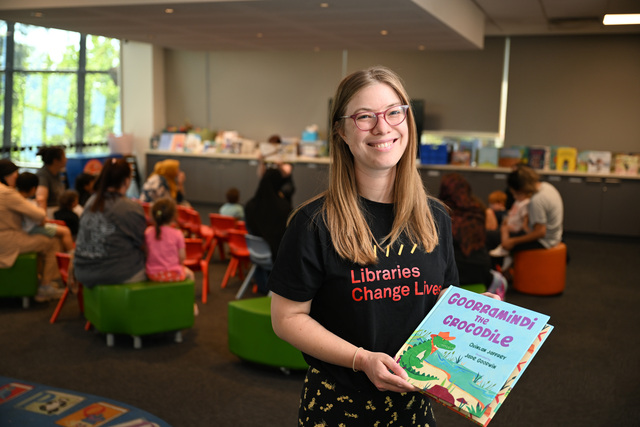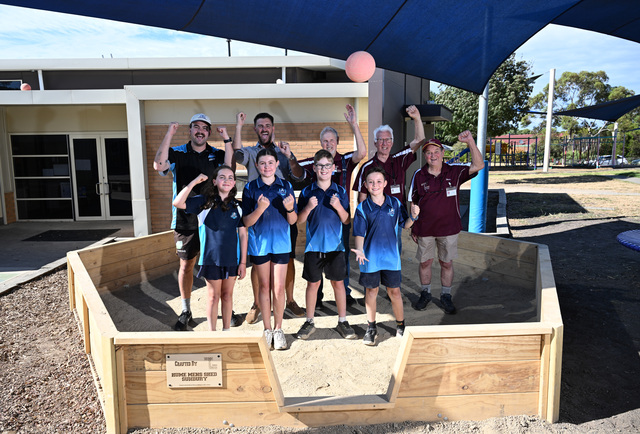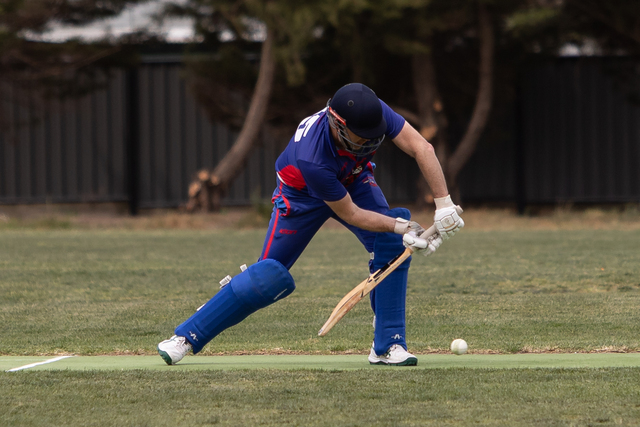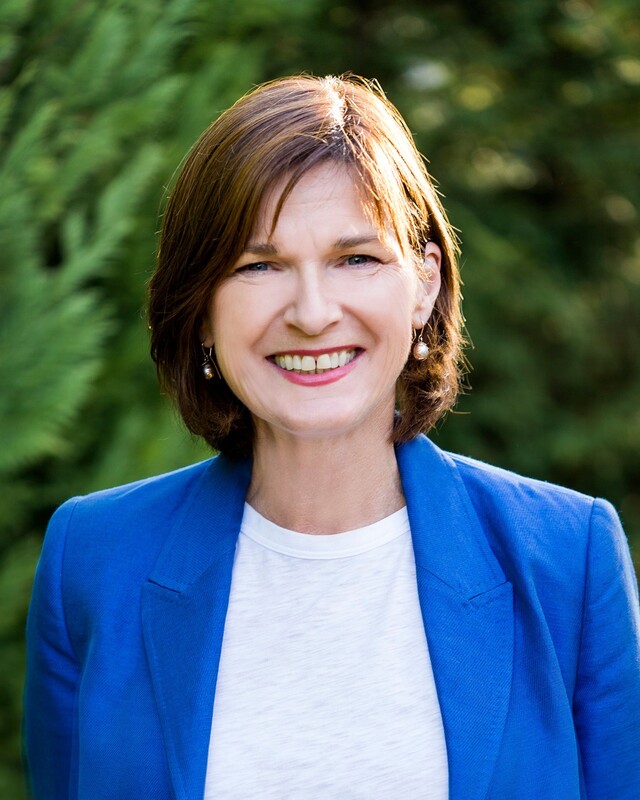A Sunbury local is trying to raise awareness of and promote research into a rare neurological condition affecting his wife.
Peter Firmin first became aware of progressive supranuclear palsy (PSP) after his wife, Ronwyn Firmin, was diagnosed with the condition three years ago.
The rare condition affects between five and seven people per 100,000 people and is an A-typical Parkinsonian Disorder, characterised by a stronger effect on speech and swallowing than Parkinson’s disorder.
There is no cure or known ways of slowing its progression, with an average life expectancy of about seven years after diagnosis.
Receiving a diagnosis was a long and difficult process, Peter said, with several health professionals initially misdiagnosing Ronwyn’s condition.
Believing Ronwyn’s slurred speech and stooped walking were symptoms of depression, a general practitioner referred her to a psychiatrist.
The psychiatrist determined Ronwyn did not have depression and referred her to a neurologist.
The neurologist was unsure of her condition, so referred her to a professor who believed it was Parkinson’s disease and prescribed medicine, which had no effect.
It was only after a brain scan that health professionals were able to diagnose her with this rare and debilitating condition.
“It’s not just me but even other people who are looking after their loved ones – we’re educating the health professionals. Not the other way around,” Peter said.
“They might go … from the psychiatrist, to the neurologist, to the professor – that was short lived with us, but for some people, it’s gone on for months improperly diagnosed.”
After joining an international advocacy group from the Canada-based Coleen Cunningham Foundation (CCF), Peter recently started advocating for widespread awareness of PSP in Australia.
CCF founder and executive director Laura Louizos said the advocacy group’s online meetings bring benefits to both carers and those diagnosed with PSP.
“It provides a sense of community and support, offering both emotional and practical assistance. The group also serves as a valuable resource for up-to-date information on PSP, which is crucial for managing the disease effectively,” Ms Louizos said.
“Additionally, it helps amplify our voices, ensuring that the needs of carers and patients are heard by a broader audience, including policymakers and researchers.”
Ms Louizos said public education campaigns (including campaigns for health professionals), organisations, research initiatives, and sharing personal stories can all contribute to assisting those affected by PSP.
Details: https://www.fightparkinsons.org.au/living-with-psp/



